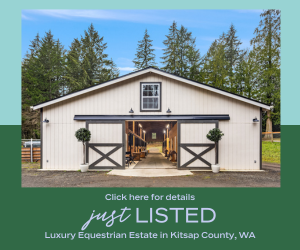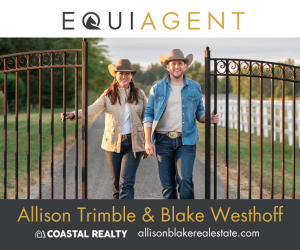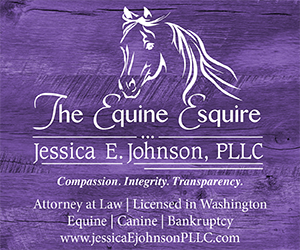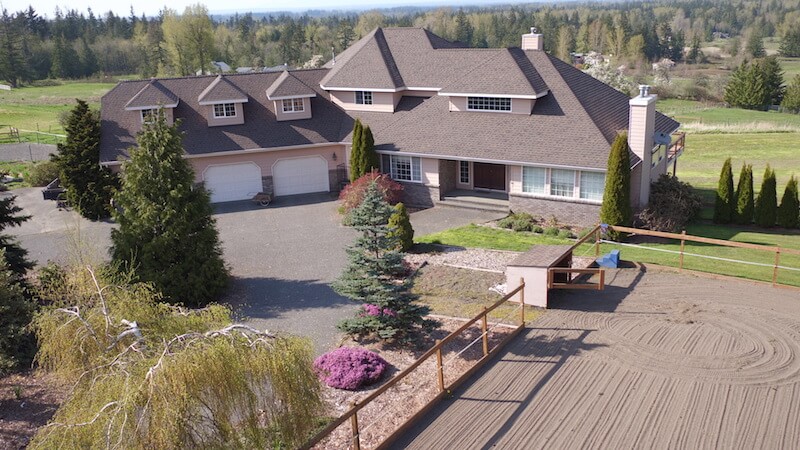Loan Professional Explains Your Options
By Allison Trimble
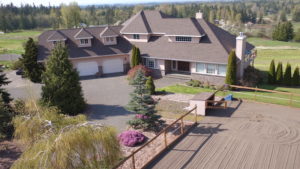
Envisioning the perfect horse property is easy but financing the dream can feel overwhelming. My husband and I are in this stage of our build, weighing the pros and cons of different financing options. I turned to one of our preferred lenders, Carmen Denson of Umpqua Bank, for both our clients’ and our own personal lending needs. I asked her to help break down some of the different mortgage options and give us an overview of how the loan process works.
What types of loans are available for horse properties?
Conventional – Minimum down payment is 3% (income limitations with the 3% down option). Manufactured homes are 5% down. Conventional loans have no limitations as to the property location and are open to larger parcels of land. At 20% down, conventional loans do not have PMI (Private Mortgage Insurance). In this loan program, manufactured homes must be 1976 or newer and a double wide affixed to land. They may only be moved one time unless the borrower is eligible for VA.
FHA – 3.5% is the minimum down payment, and covers both stick built and manufactured homes. An additional foundation certification is required for manufactured homes. FHA has no limitations on property location. Maximum loan limit is $345,000.
USDA – Minimum Down Payment is 0%. Household income limitations apply even if a household member is not on the loan. With this program there are limitations on where the property can be located. USDA has an eligibility map and they typically require more rural areas. Manufactured homes are allowed if they are 2006 or newer.
Bond Program (also known as Washington State Housing Finance Commission) – Minimum down payment is 0% and this is a 1st and 2nd mortgage combination. Typically, a 97% first mortgage and a 3% second mortgage. The rate on the Bond Program is higher than a regular loan program (example 5.5% today versus 4.625% on a conventional loan). The second mortgage however, is interest free and no payments are required unless you want to refinance or sell the home. There are no limitations as to where the property can be located. They just started allowing manufactured homes again in the program.
VA Loans are eligible for veterans that served or are serving in the military. This loan allows for zero down and no monthly mortgage insurance. There are no limitations as to where the property is located, and they allow manufactured homes that also have been moved more than once. They do charge a funding fee that they allow to be financed into the loan.
In Whatcom County the conventional loan limit is $453,100, so any loan larger than this is considered a jumbo loan. If the value of the property is above that loan amount, which horse properties can often be, we start looking at some of our portfolio options for loans larger than this or a first and second mortgage combo.
What combines to make the monthly mortgage payment?
Principal and interest, property taxes, and homeowner’s insurance.
How do you determine how much a homebuyer can afford?
We weigh quite a few factors to get buyers pre-approved for a purchase price. Their income, existing debts, credit score, and how much they have for a down payment all weigh heavily on what a buyer is pre-approved for. There is a specific debt to income ratio that will determine maximum monthly payments, which reflects a maximum purchase price.
What are closing costs?
Closing costs are those that complete a mortgage transaction. It can include points (if applicable), the appraisal fee, a credit report fee, title company fees, the cost to set up an escrow account, and interim interest for the transaction as well.
What is an appraisal?
An appraisal is an assessment of a home that is ordered by a bank. It is used to determine the current market value. It is unbiased and uses current market data and comparable homes that have sold to determine the value. The property must appraise for the agreed upon price for the bank to finance the purchase.
What things will a lender need from a homebuyer to start the loan process?
Typically we require a borrower’s last 2 pay stubs, last year’s W-2, last 2 months bank statements and last 2 years of tax returns (if self-employed).
Any tips for homebuyers who aren’t sure if they are ready or able to buy yet?
It’s never too soon to meet with a lender to inquire about the process. Everyone’s financial situation is different, and it’s best to have a professional help you get started on the right foot. If credit or debt are issues, we can help point people on the right path. It’s better to get those things ironed out ahead of time so the buyer is ready when that perfect horse property comes on the market!
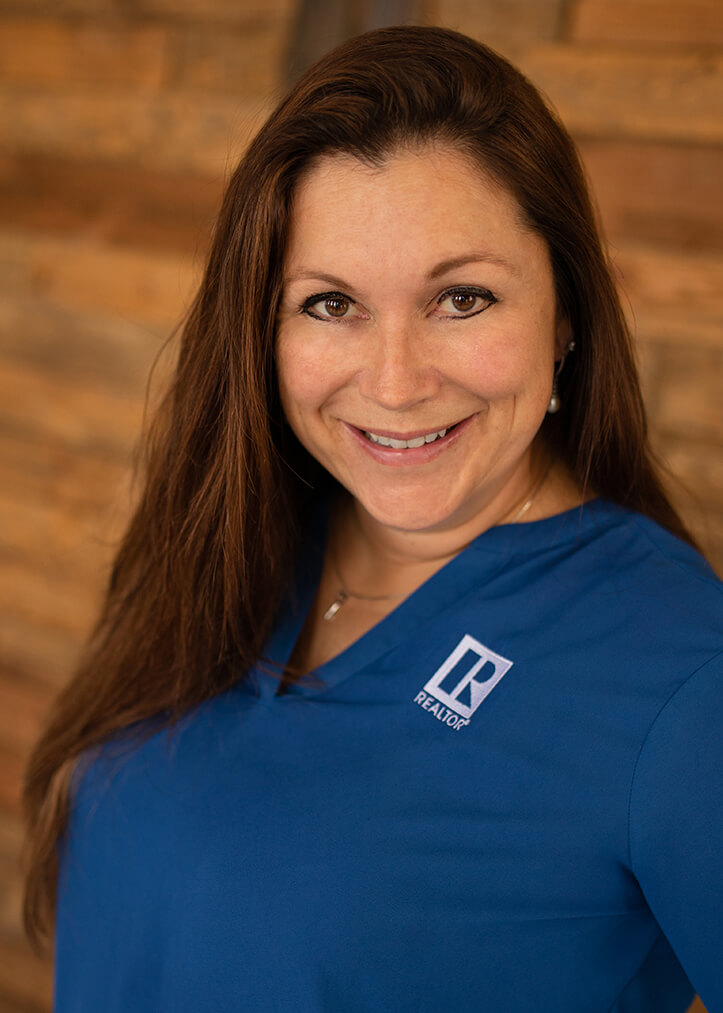
Allison Trimble is a Realtor® specializing in equestrian properties, farm and ranch properties, and residential real estate. She’s a former horse trainer, and a current owner, breeder, and non-pro competitor in cow horse and reining events. For many years, Allison wrote a monthly column for The Northwest Horse Source.
Learn more at www.allisonblakerealestate.com


